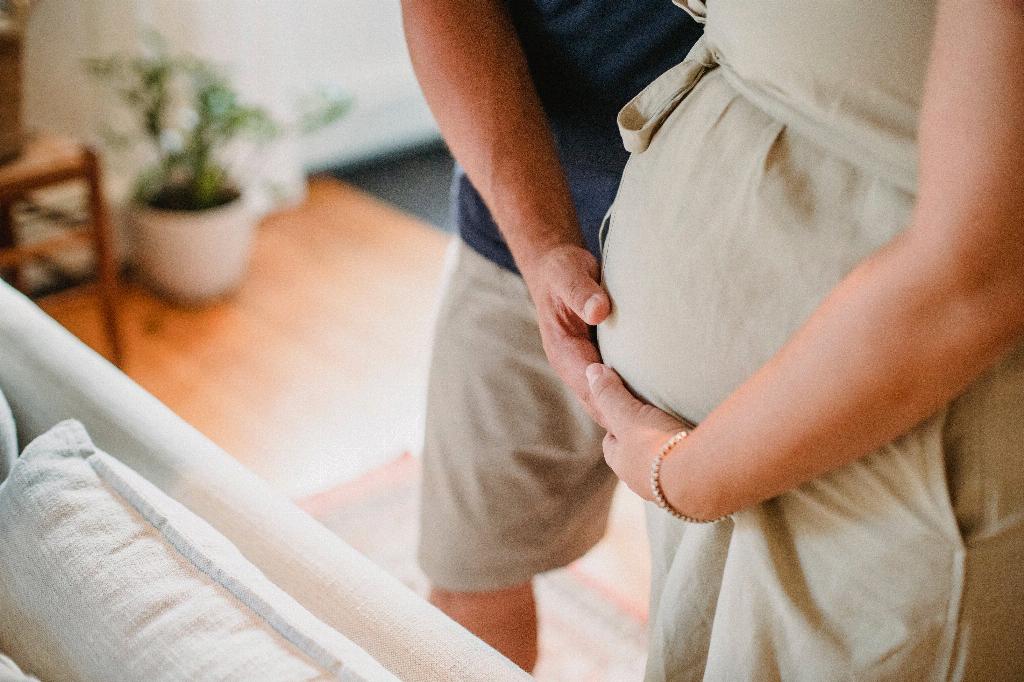Many expecting mothers may be concerned about the impact of getting a flu jab on their unborn baby. However, studies have shown that it is, in fact, safe to have a flu vaccine during any stage of pregnancy, whether it be in the early weeks or nearing the due date.
There is a reassuring acknowledgment that women who choose to have a flu vaccine while pregnant can also provide some level of protection to their developing baby. This safeguard extends beyond the womb and can last for the initial few months of the baby’s life.
Medical professionals advocate for pregnant women to receive the flu jab to not only shield themselves from potential illness but to also pass on immunity to their infants during those critical early months post-birth.
The flu jab during pregnancy is not only beneficial for the mother and child but also plays a vital role in safeguarding the health of the entire family unit. By reducing the risk of the mother contracting the flu, the chances of transmitting the virus to other family members, including the unborn baby, are significantly minimized.
It is crucial to note that the flu jab does not just protect the mother and baby from the flu virus specifically, but it also helps avert potential complications that could arise due to flu-related illnesses during pregnancy. These complications can pose risks to both the mother’s health and the development of the unborn baby.
Moreover, studies have shown that pregnant women who receive the flu vaccine are less likely to experience severe flu symptoms, hospitalizations, and adverse outcomes compared to those who do not get vaccinated. This data highlights the importance of the flu jab in ensuring the well-being of both the mother and the baby.
Some pregnant women might be concerned about the safety of flu vaccines containing mercury-based preservatives. However, it is important to understand that the benefits of receiving the flu jab far outweigh any potential risks associated with such preservatives, as the vaccine’s safety profile has been extensively studied and validated.
By choosing to get the flu jab during pregnancy, mothers can take proactive steps to protect themselves and their unborn babies from the flu virus, which can have serious implications for both maternal and fetal health. It is a preventative measure that can significantly reduce the likelihood of flu-related complications during pregnancy.
Research has also shown that maternal vaccination against the flu can help in the development of a baby’s immune system, providing them with an initial shield against infectious diseases. This added layer of protection can be particularly beneficial during the vulnerable early months of a baby’s life.
Medical experts strongly recommend that pregnant women receive the flu jab to ensure optimal health outcomes for both themselves and their babies. This preventive measure not only safeguards the well-being of the pregnant woman but can also contribute to protecting the broader community by reducing the spread of the flu virus.
Ultimately, the decision to get the flu jab during pregnancy is a personal one, but it is essential to weigh the benefits of vaccination in protecting both the mother and the developing baby. With the evidence supporting the safety and efficacy of flu vaccines during pregnancy, it is a crucial step towards ensuring a healthy pregnancy and a healthy start for the newborn.
In conclusion, receiving the flu jab during pregnancy is not only safe but also beneficial in providing protection against the flu for both the mother and the unborn baby, as well as contributing to the overall well-being of the family unit. It stands as a recommended and valuable precautionary measure to consider during the crucial stages of pregnancy.

